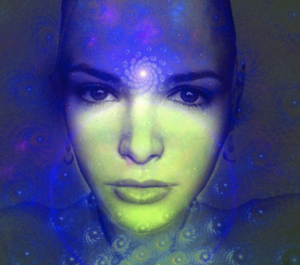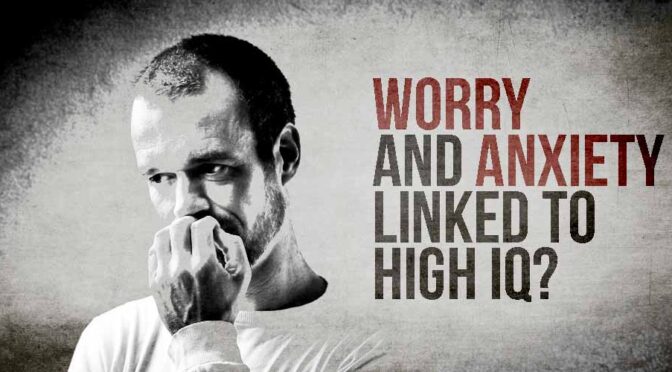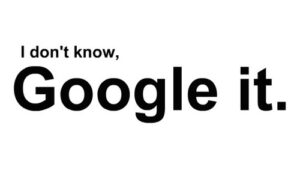People who have extreme anxiety often worry themselves to death over a variety of things they simply cannot allow themselves to falter on.
However, did you know that this kind of worrying could be directly linked to people who have extremely high intelligence? This study reveals that people who worry in excessive amounts have evolved with a very high IQ.
In fact, Dr. Adam Perkins, expert of Neurobiology of Personality at King’s College in London, states this:

“It occurred to me that if you happen to have a preponderance of negatively hued self-generated thoughts, due to high levels of spontaneous activity in the parts of the medial prefrontal cortex that govern conscious perception of threat and you also have a tendency to switch to panic sooner than average people, due to possessing especially high reactivity in the basolateral nuclei of the amygdala, then that means you can experience intense negative emotions even when there’s no threat present.
This could mean that for specific neural reasons, high scorers on neuroticism have a highly active imagination, which acts as a built-in threat generator.
Cheerful, happy-go-lucky people by definition do not brood about problems and so must be at a disadvantage when problem-solving compared to a more neurotic person.
We have a useful sanity check for our theory because it is easy to observe that many geniuses seem to have a brooding, unhappy tendency that hints they are fairly high on the neuroticism spectrum.
For example, think of the life stories of Isaac Newton, Charles Darwin, Vincent Van Gogh, Kurt Cobain, etc. Perhaps the link between creativity and neuroticism was summed up most succinctly of all by John Lennon when he said: ‘Genius is pain.”
 Essentially what he’s trying to proclaim is that people who worry more than others often think of solutions before the positive ones do. Being worried about everything makes them constantly think of ways to resolve issues which means their brains are never ending when it comes to thinking.
Essentially what he’s trying to proclaim is that people who worry more than others often think of solutions before the positive ones do. Being worried about everything makes them constantly think of ways to resolve issues which means their brains are never ending when it comes to thinking.
Even Dr. Jeremy Coplan, study researcher/professor of psychiatry at State University of New York Downstate Medical Center, explains from his research;
“Although we tend to view anxiety as not being good for us, it is linked with intelligence — a highly adaptive trait, High levels of anxiety can be disabling, and patients’ worries are often irrational,’
But that“every so often there’s a wild-card danger. Then, that excessive worry becomes highly adaptive. People who act on the signals of that wild-card danger are likely to preserve their lives and the lives of their offspring,”
 The Gross body is the physical body that is made up of the 5 fundamental elements i.e., space, air, fire, water and earth and is subject to a sixfold change ( birth, subsistence, growth, maturity, decay, and death).
The Gross body is the physical body that is made up of the 5 fundamental elements i.e., space, air, fire, water and earth and is subject to a sixfold change ( birth, subsistence, growth, maturity, decay, and death).







 Essentially what he’s trying to proclaim is that people who worry more than others often think of solutions before the positive ones do. Being worried about everything makes them constantly think of ways to resolve issues which means their brains are never ending when it comes to thinking.
Essentially what he’s trying to proclaim is that people who worry more than others often think of solutions before the positive ones do. Being worried about everything makes them constantly think of ways to resolve issues which means their brains are never ending when it comes to thinking.


